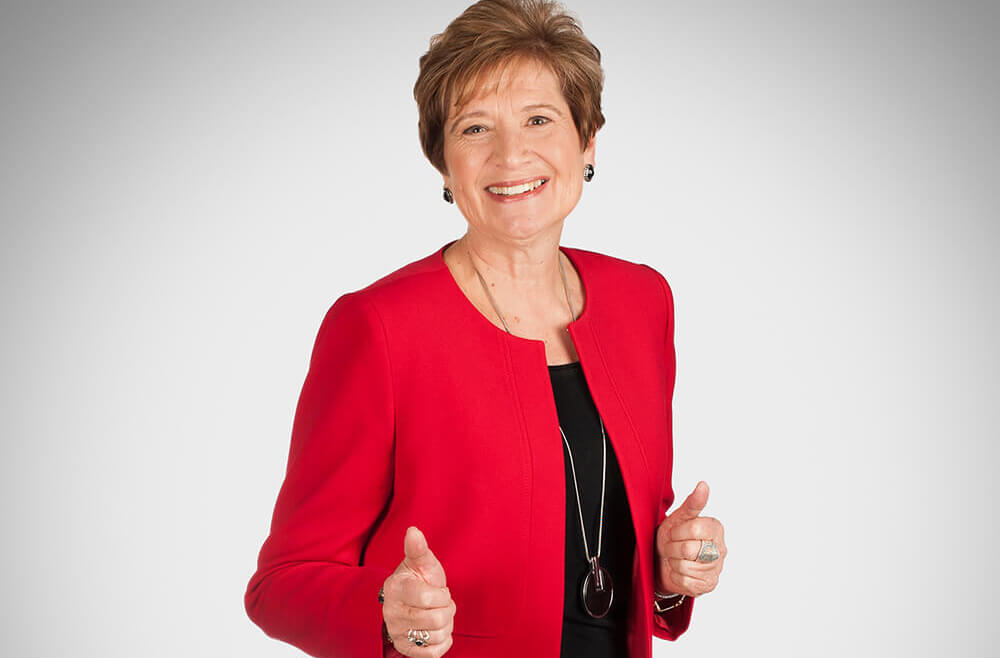
When you are first diagnosed with a mental health condition, your life seems like it’s turned upside down. This is when your ‘second life’ starts. However, you must embrace a second life after accepting a diagnosis.
Can you remember how you felt when you were first diagnosed with your mental health disorder? I know I can. I felt like “damaged material”. Fears and limitations were planted in me not only by my healthcare professionals and society but most importantly by me.
I was petrified to think I would be dealing with relapses of depression and anxiety throughout my life. I found myself being treated like a “china doll” by others and by myself. Not to mention, a fragile doll that would shatter from the ups and downs of life.
Fortunately, after many years I realized if I wanted to live and enjoy this life journey, I would need to embrace my existence. I accepted my disorders for what they were. I challenged myself to live beyond my fears, limitations, and stigmas. And that is when “real life” began. I was no longer ashamed or embarrassed about my four psychotic breaks, four periods of suicidal ideation, four hospitalizations, and dozens of shock treatments.
Instead, I viewed my past as just that—my past. In order to get the most out of the rest of my life, I would need to spend more time focused on “mental wellness” not “mental illness.”
My “second life” began with this shift of attitude, and I never looked back. By no means do I ignore that I live with a mental health disorder that could crop up at any time, I just no longer dwell on it.
Like many of you, I continue to take medication, speak with my therapist when needed, and incorporate both good physical and mental life-sustaining strategies. Start today to enjoy your own “second life”!
Reflection Question
What is the first step you can take to embrace your “second life”?
About the Author
Carol A. Kivler is a nationally recognized mental health speaker, international executive coach/trainer, and author. Most importantly, she is a passionate consumer advocate for mental health. Carol is available for speaking engagements in the U.S and internationally. Email or call Carol at (609) 882-8988.

